Beauty News, Biocidin Botanicals
The Peanut Butter Paradox: How This Nutty Spread Affects Your Gut
The peanut butter aisle has always been a go-to spot for quick and nutritious food choices. However, recent concerns about peanut allergies and gut health have painted peanut butter in a less flattering light. Should you continue to make it a staple in your household or opt for alternatives?
The Peanut Butter Dilemma
Peanut butter has been a cherished food item in American pantries for generations. Not only is it delicious and filling, but it’s also cost-effective and easy to transport. This makes it ideal for packed lunches. However, its reputation has seen a nosedive lately. The question that perplexes many: Is peanut butter good or bad for us?
The Sticky Issue of Emulsifiers
Traditionally, natural peanut butter requires a good stir before consuming because the oil separates from the solids. This wasn’t convenient for some, so the food industry developed a way to make peanut butter that doesn’t separate. Enter emulsifiers. These additives stabilize the ingredients, creating a uniform, creamy texture. Unfortunately, some commonly used emulsifiers like polysorbates and carboxymethylcellulose might be detrimental to our health.
Affecting Our Gut: The Science Behind It
Emerging research suggests that these emulsifiers can harm the delicate balance of our gut flora. The study published in Nature pointed out that emulsifiers might be affecting the protective layer of mucus in our intestines. This disruption could be a factor in the rising rates of food allergies, including those to peanut butter.
Our body has natural defenses like mucus layers in the intestines to keep harmful microbes at bay. Emulsifiers can break down this protective shield, leading to inflammation, obesity, and other health issues such as colitis.
Foods That Can Fortify Your Gut
Luckily, there are foods known to support a healthy intestinal barrier. These include specific fats, calcium, polyphenols found in teas, and dietary fiber from fruits and grains. Incorporating these foods can counteract the negative effects of emulsifiers.
Decoding Food Labels
Reading food labels can be tricky, especially when the terminology is obscure. Emulsifiers like CMC (Carboxymethylcellulose) might appear under innocent-sounding names like “cellulose gum” or “dietary fiber.” Being vigilant about these labels is a crucial step in maintaining a healthy gut.
Making Healthier Choices
Eliminating processed foods rich in emulsifiers and pesticides is a step in the right direction for gut health. Also, consider switching to an organic diet, free from pesticides that have substances like surfactants that can similarly disrupt gut health.
Supplements to the Rescue
Probiotic supplements like Proflora™4R can support a balanced microbiome. This supplement contains a blend of spore-based microbes that can withstand stomach acids. It also includes herbs like marshmallow root, Aloe vera, and quercetin, which are known to soothe the digestive tract.
Reclaiming Peanut Butter
As we become more conscious of what we consume, making informed choices is easier than ever. We might just find that peanut butter can once again find its way back into our kitchens and lunchboxes.
Written by Michelle Perro, MD, DHom, a pediatrician with over 40 years of clinical experience. She is an international speaker on children’s health and an authority on the health impacts of GMOs and pesticides.


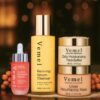
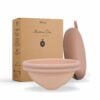
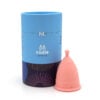






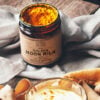





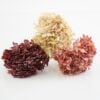

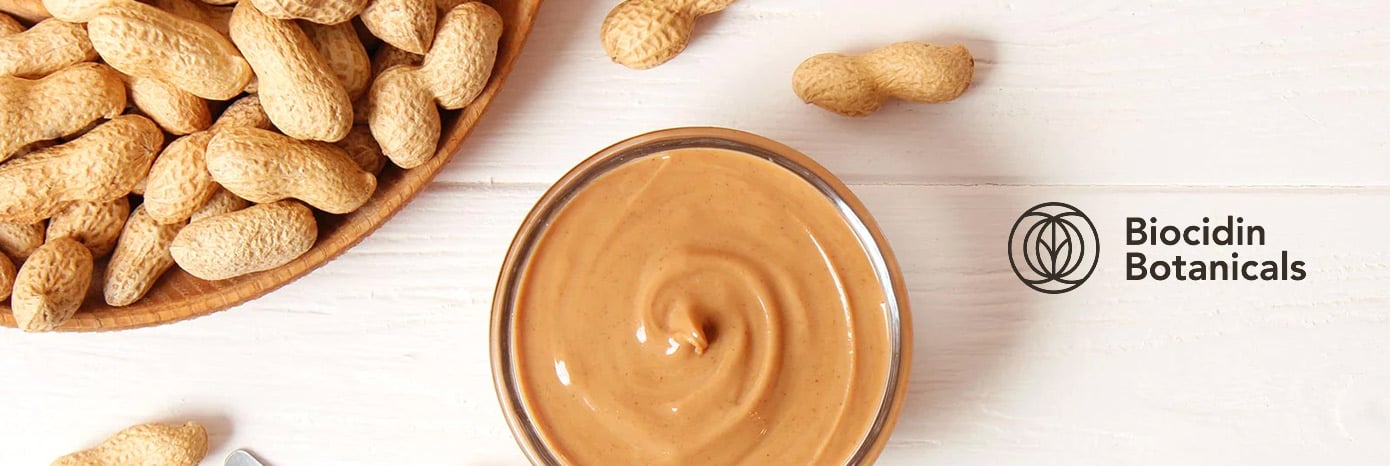
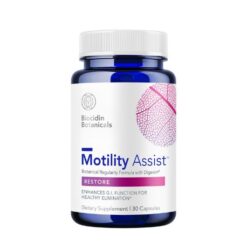

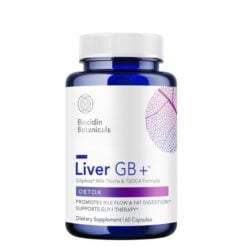
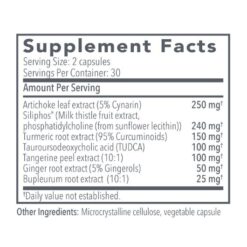


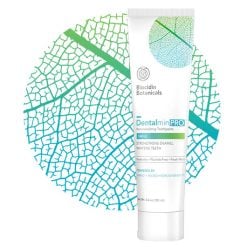
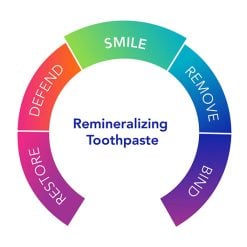
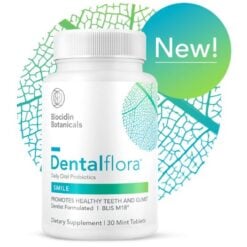
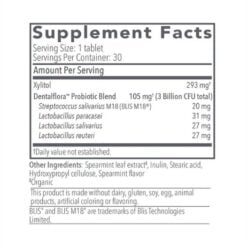





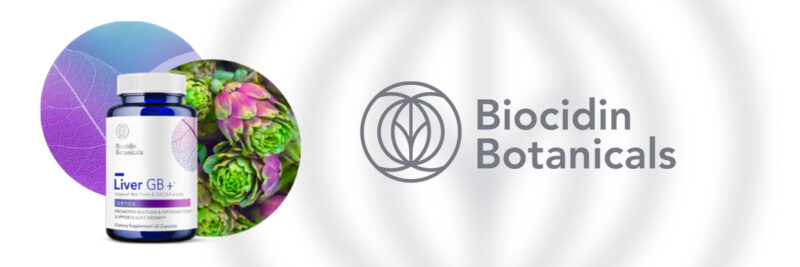






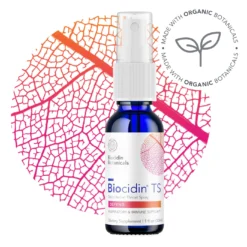

 Beauty Products
Beauty Products By Skintype
By Skintype Brands A-Z
Brands A-Z Wellness
Wellness Health / Nutrition
Health / Nutrition